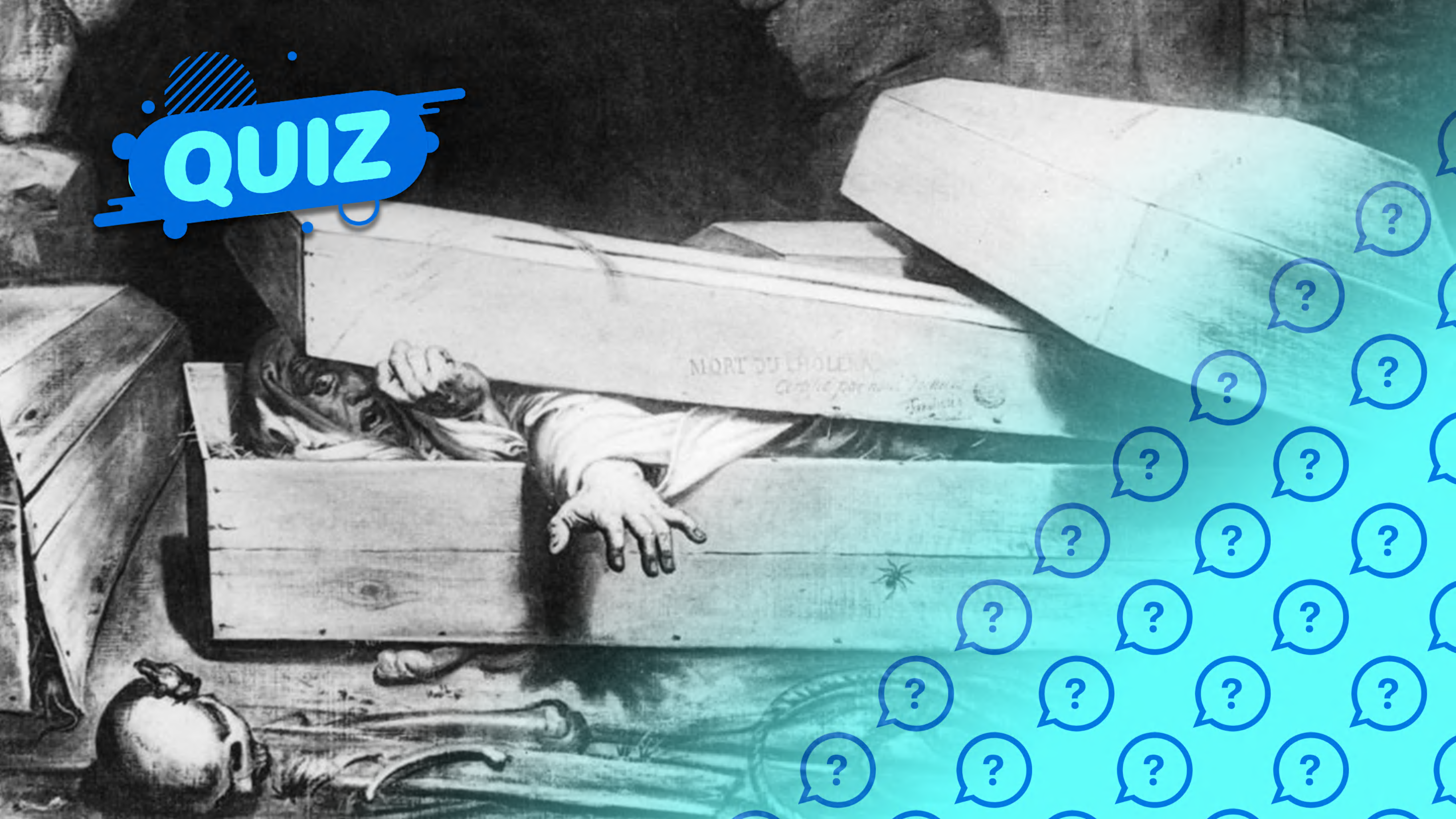
www.universetoday.com
Can an Asteroid's Movements Reveal a New Force in the Universe?
There are four fundamental forces in the Universe. These forces govern all the ways matter can interact, from the sound of an infant’s laugh to the clustering of galaxies a billion light-years away. At least that’s what we’ve thought until recently. Things such as dark matter and dark energy, as well as a few odd interactions in particle physics, have led some researchers to propose a fifth fundamental force. Depending on the model you consider, this new force could explain dark matter and cosmic expansion, or it could interact with elemental particles we haven’t yet detected. There are lots of theories about this hypothetical force. What there isn’t a lot of is evidence. So a new study is looking for evidence in the orbits of asteroids.
Many of the fifth-force models focus on what are known as Yukawa-type interactions. Back in the early days of nuclear physics, Hideki Yukawa proposed a potential interaction to describe how protons and neutrons could bind together in the nuclei of atoms. The resulting force was similar to the inverse-square forces of gravity and electromagnetism but had an exponential decay aspect, so it only affected nucleons. Over time, as we began to better understand nuclear interactions, the Yukawa potential model was replaced by the strong nuclear force, though it remains a good approximation for low-energy nucleons. Similar to the way Newtonian gravity is a good approximation for general relativity.
As scientists started to develop fifth-force models, the Yukawa interaction gained attention once again. For example, the Higgs boson generates mass in particles through a Yukawa interaction. Dark energy is often described as a part of the fundamental aspects of spacetime, but it can also be described as a Yukawa-type fundamental force. If there is such a fifth force, then it would have an effect on things such as planetary motion. But the effect would be so tiny that we haven’t had a chance of detecting it until recently, which is where this new study comes in.
The potential impact on the orbit of Bennu from other forces. Credit: Tsai, et al
The team considered the effects of a Yukawa-type fundamental force mediated by a massive scalar field. In other words, just as the electromagnetic field is mediated by the massless bosons known as photons, the fifth force is mediated by a similar boson, but one with mass. The mass of these new bosons would determine how strongly the force would affect orbital motions. Given how well orbital motions agree with Newtonian gravity, any Yukawa boson would need to have an extremely tiny mass. With standard optical observations and radar observations of planets, we know that the mass of these bosons couldn’t be more than about 10-16 eV. That’s really tiny, but still large enough to measure with an asteroid-visiting spacecraft.
In this work, the team looked at data from the OSIRIS-REx mission, which gathered sample material from the asteroid 101955 Bennu. Since we get radio signals directly from OSIRIS-REx, we know its motion with extreme precision. And since it orbited and landed on Bennu, we know the orbital motion of the asteroid extremely well. Based on this data, the team found no evidence of a fifth force, but they did put even further constraints on the mass of any fifth-force particle. We now know these hypothetical dark bosons can’t have a mass greater than 10-18 eV, roughly a factor of 100 stronger than previous limits.
So as far as we can tell, when it comes to fundamental forces, five is right out.
Reference: Tsai, Yu-Dai, et al. “Constraints on fifth forces and ultralight dark matter from OSIRIS-REx target asteroid Bennu.” Communications Physics 7.1 (2024): 311.
The post Can an Asteroid's Movements Reveal a New Force in the Universe? appeared first on Universe Today.











![Physical Confrontation Between Salma Hayek and Nicole Kidman Stirs Online Frenzy [WATCH]](https://www.rvmnews.com/wp-content/uploads/2024/10/2024.10.14-02.42-rvmnews-670d2dedabab7.jpg)


